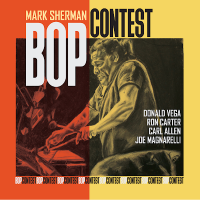Home » Search Center » Results: Building a Jazz Library
Results for "Building a Jazz Library"
Do You Know What It Means to Miss New Orleans?

by Nathan Holaway
This article was originally published in September 2005. Do you know what it means to miss New Orleans? The Big Easy. The Crescent City. N'awlins. Some adore it, some despise it. In the aftermath of Hurricane Katrina, New Orleans continues to be the testimonial travesty of the United States. With certain political ...
Modern Jazz Guitar
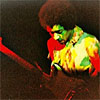
by AAJ Staff
Six strings, ten fingers, improvisation, and a sense of adventure: these are the tools required to play modern jazz guitar. While guitar greats like Wes Montgomery and Jim Hall laid the foundation for bop guitar, a whole new crop of musicians came of age starting in the late '60s. Modern jazz guitar, for lack of a ...
Coleman Hawkins

by Henk de Boer
Although Adolphe Sax actually invented the saxophone, in the jazz world the title “Father of the Tenor Saxophone" became justly associated with Coleman Hawkins (1904-1969), not only an inventive jazz giant but also the founder of a whole dynasty of saxophone players. Before Hawkins, the saxophone (itself “born" in 1846) was mainly a favorite in marching ...
Alto Saxophone

by Bob Bernotas
Of the many members of the saxophone family, the alto and tenor have emerged as its most prominent siblings. From the mid-1920s onward, many big band alto saxophonists have filled a dual role, best personified by the multi-talented Benny Carter, serving as the lead voice in the saxophone section as well as a featured solo improvisor. ...
1959: The Most Creative Year in Jazz
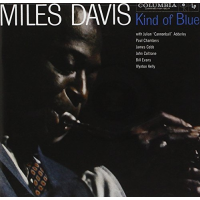
by Nathan Holaway
1959 was arguably the most creative year in all of jazz history. Bird had already passed away, and this year would see the passings of Lester Young and Billie Holiday. Musically speaking, when we read jazz history texts or see the labels among the many diverse styles of jazz (i.e “Free Jazz," “Modal Jazz," “Third Stream," ...
Piano Trio
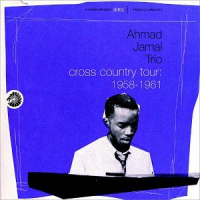
by AAJ Staff
When one talks about “jazz piano music," it is almost taken for granted they are talking about jazz piano trio music. The trio is and has been most jazz pianists' favorite format, and with good reason: the jazz piano trio has been said at times to represent the essence of jazz in the most condensed yet ...
Jazz for Kids!
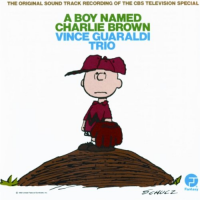
by AAJ Staff
There is some kind of Jazz for everybody. And kids are no different. While the music presented here is by no means only for kids (Silly Rabbit, it's okay) it does happen to have the necessary qualities for kids to gravitate toward it. There's the fun factor; Horace Silver's music is undoubtedly FUN. There's the “head ...
Miles Davis

by AAJ Staff
Trumpeter Miles Davis (1926-1991) is perhaps the most influential figure in the history of jazz. He regularly reinvented his sound, changing styles abruptly and pulling the rest of the jazz community along with him. Davis moved from East St. Louis to New York City in 1944, ostensibly to attend Juilliard. But he soon lost ...
Rare and Unusual Instruments in Jazz

by Hrayr Attarian
Historically the cornet was the quintessential jazz instrument but over a century of its evolution other instruments have also become part of the regular jazz armamentarium. These include common ones such as the piano, saxophone, bass and drums to the more occasionally appearing violin, clarinet and other percussion instruments. There are few, however, that exhibit unique ...
Bill Evans: Sublime Sideman
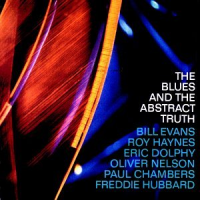
by Nathan Holaway
We already know what a tremendous voice Bill Evans has had in jazz history, and most of the major jazz pianists that he has influenced. Most jazz aficionados know most of the tunes Evans has composed and most of the tunes that were in his ever-changing repertoire. But, a subject that hardly gets enough attention concerning ...





